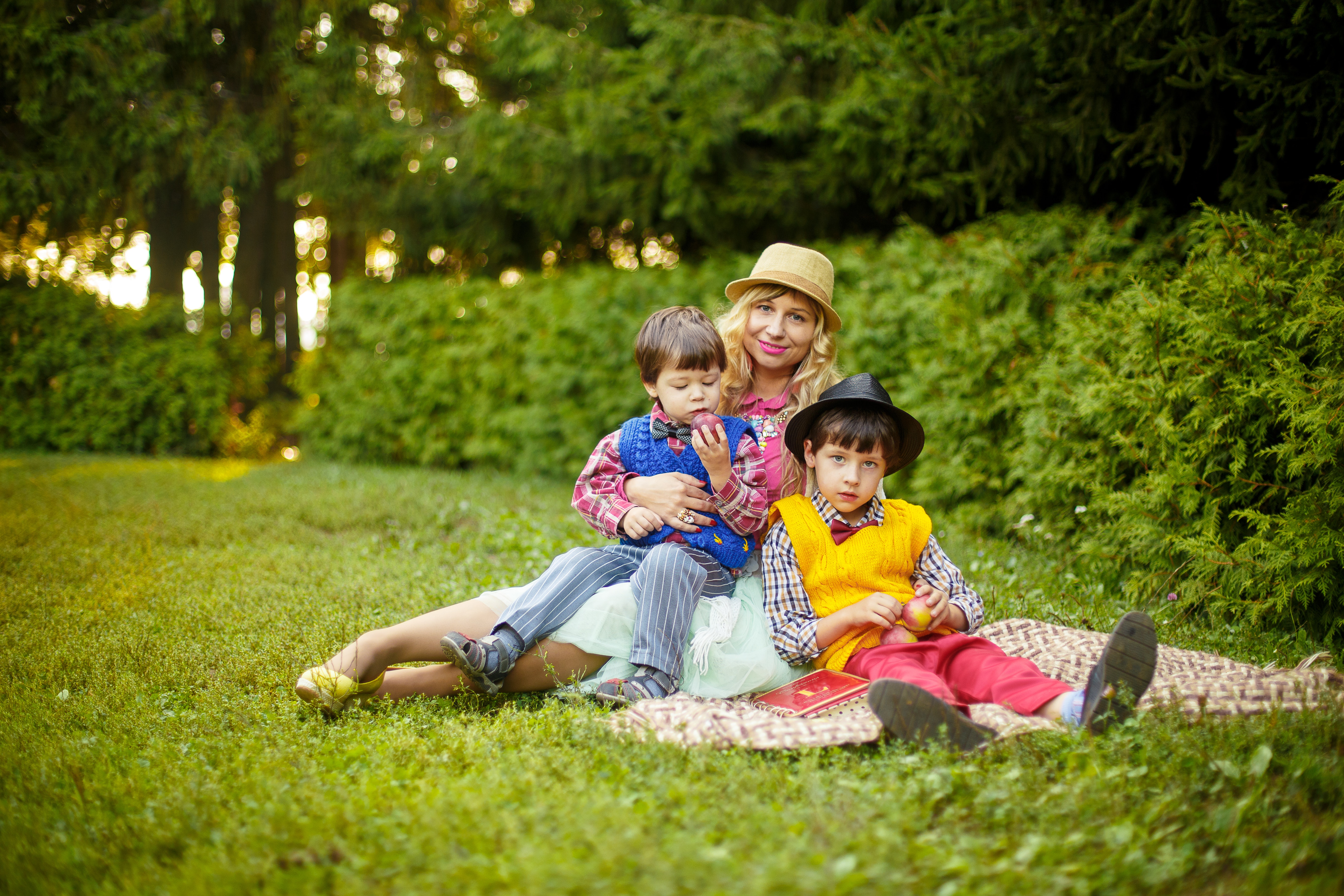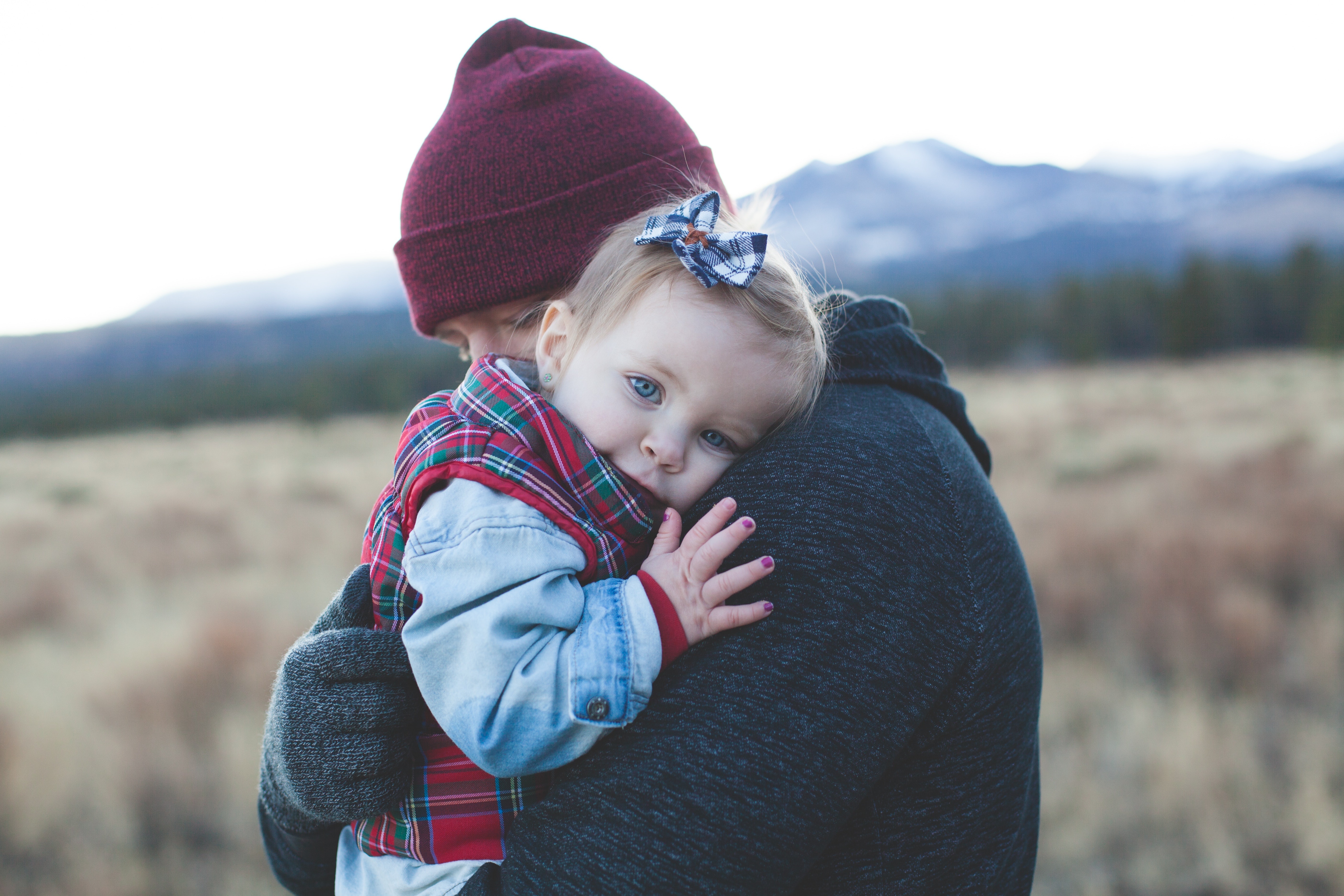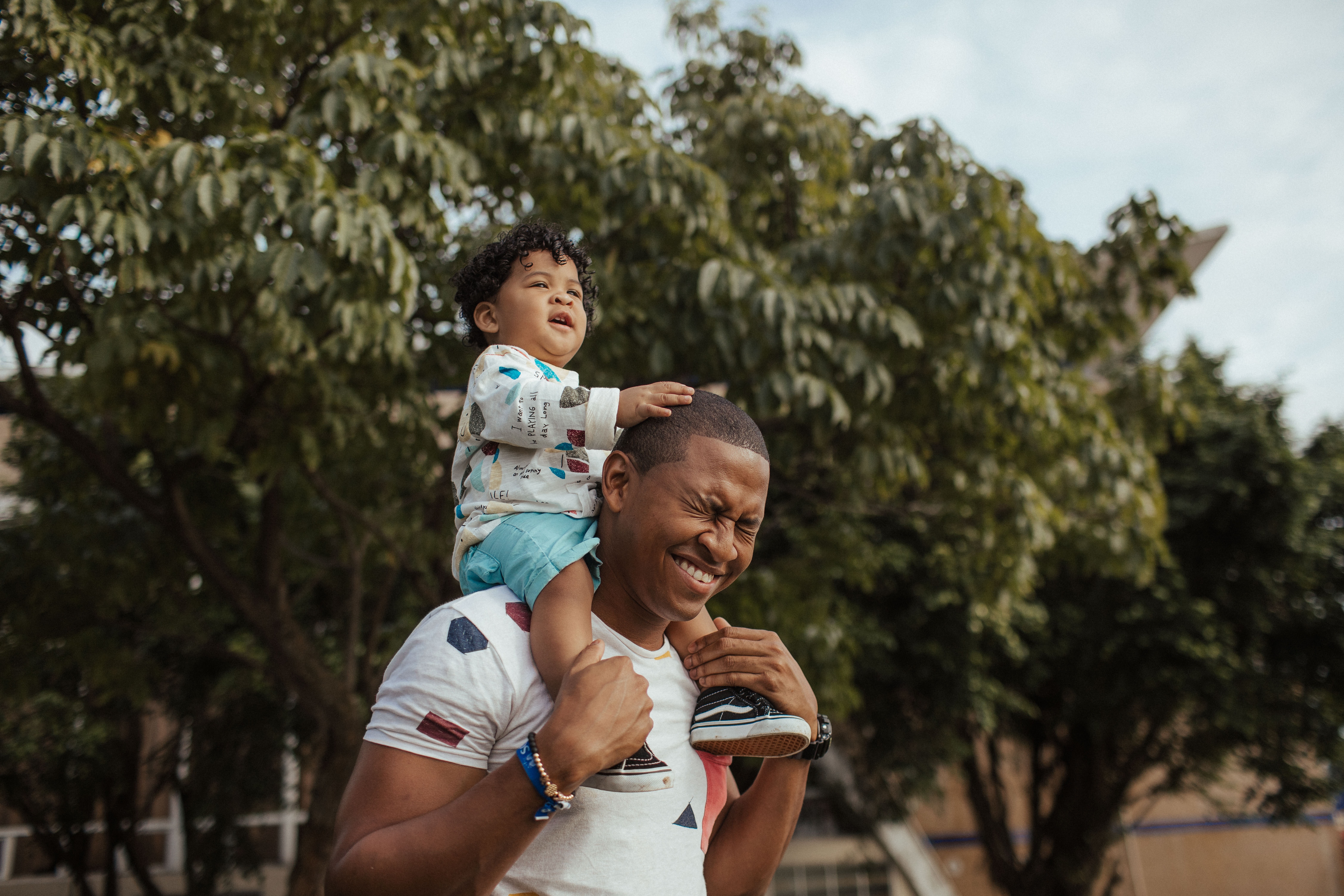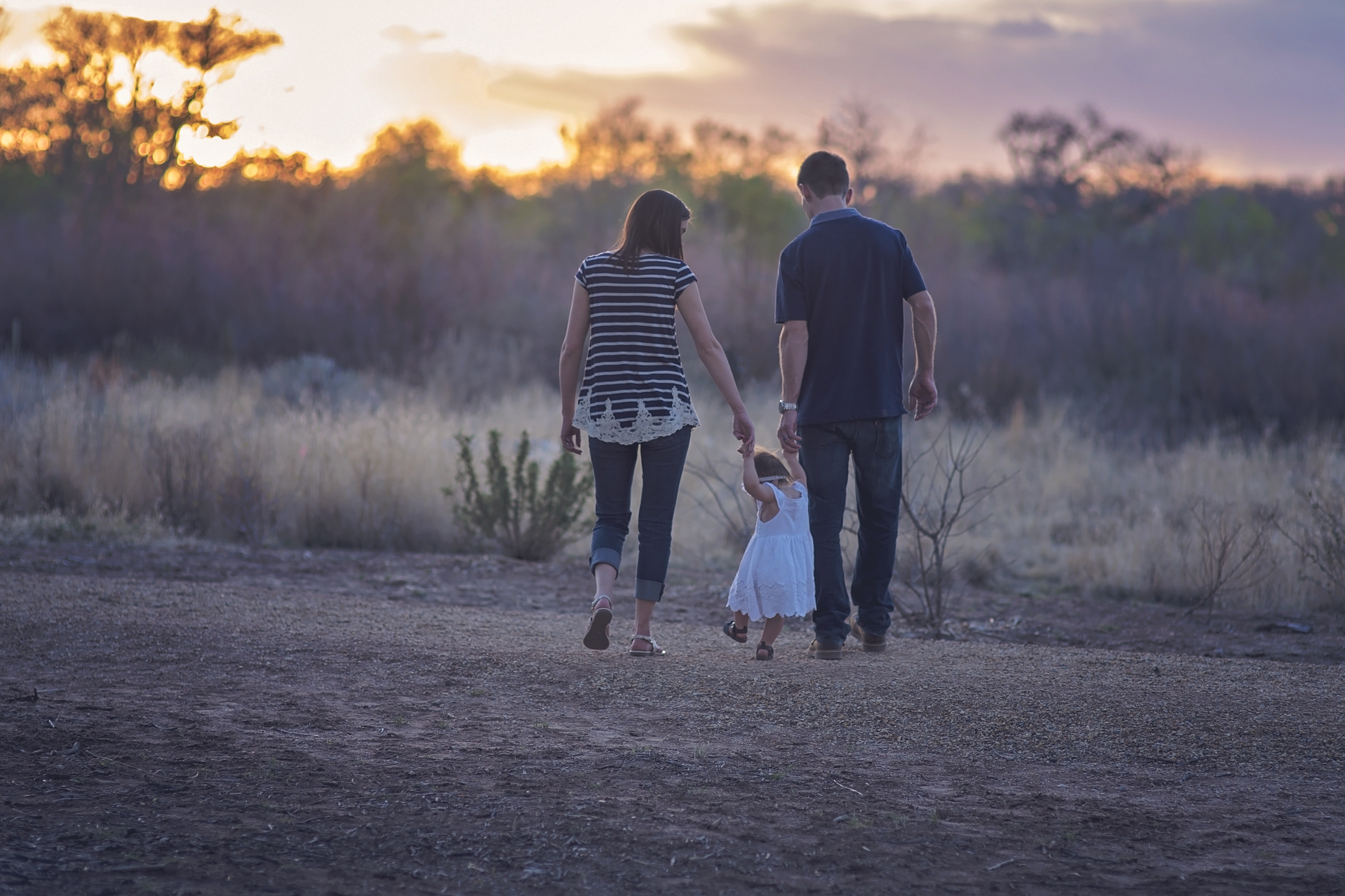Fostering is the best job I have ever done, and I feel privileged and blessed to be able to be part of these children’s lives. This job is 24/7 and 52 weeks a year – even Christmas day. The children live with us and become part of our family and I love them all. They have brought me so much joy, happiness and fulfillment, as well as challenges and sadness when they move on. No big salary or perks could ever replace the smile on a child’s face when they start to trust me and know that I won’t let them down.

I am a Mum of 3 boys of my own, but always wanted a large family and was unable to have any more children. Both my husband and I felt we still had a whole lot of love to give, and fostering seemed to be obvious choice for us. The assessment process is long, involved and intrusive, but after several months or even a year, we were overjoyed to be accepted as a foster carer for a local authority.
There is a big difference from fostering a child to having your own child. Although you love them all the same, and treat them as one of your own, you always have to remember that they have their own family, to whom they may be returned, or they may be moved on for adoption etc.
Fostering is in many ways more complex than other child care professions. In my experience these children have often been through a lot, they have seen a lot and they bring all of this into your home. They may have no boundaries, i.e. they may think that swearing or spitting, destroying property or even their own possessions is acceptable.
I have found that having an open mind and an unshakable approach helps. Explaining with warmth and kindness the rules of the house, and then giving lots of praise and encouraging positive behaviour no matter how small this might be. It is so rewarding to see the change in the children’s behaviour from when they first arrive and then again after a few weeks.

When I speak to people about fostering they often presume that the children’s parents gave the children away or don’t care about them. In my experience that is not the case, most of the parents I have met love their kids, but often they have addictions which control their lives or they haven’t experienced good parenting themselves, so they don’t know how to be a good parent.
As a foster carer we have to write a daily report about the children how they are emotionally, physically, where they have been and who has visited them etc. The children have many more appointments than the average child. There are regular review meetings, every 3 – 6 months, where social workers, foster carer, parents and other professionals meet with an independent review officer to discuss what is happening with the child and make a plan for the “best interests” for the future of that child. The foster carer has to prepare a document for this review which is quite detailed. The children have regular medicals, and education meetings with the school.

Unlike with your own children there are a lot of professionals involved with these children’s lives, and you can often feel a bit like you are living in a gold fish bowl. Obviously this is all in the interests of the child and understandable.
When we have a vacancy we could get calls from a social worker at any time of day or night about a new child to be placed with us. The children often arrive with nothing but the clothes they are wearing, sometimes they arrive with a police escort.
The children are obviously very distressed when they first arrive as they have been taken from their parents, and all they know. In my experience all these children love their parents no matter what abuse they may have suffered. They will often miss their Mum and Dad and keep asking for them.
The children come from all different backgrounds and cultures, and we receive regular training about how to care for children from different cultures from our own. As foster carers we are appointed a Link Worker, who is a social worker who offers us support.
The children will often see their parents regularly a few times a week. This can go on for a few months or even years, whilst social services make assessments about how they can support the parents to have their children returned to them or it might be that they will go to court. The family courts look at all the evidence and will then make a decision in the best interest of the child. It might be that the child is returned to the parents if their circumstances are changed, or they may be able to go to live with a relative eg grandparents. Sometimes there isn’t a family member who can care for the child, and so it might be that the child is placed for adoption.

If the child is under 8 years old the social workers will look at potential approved adopters who might be a good match to bring this child up as their own. Unfortunately, in the past it has often been that children over 8 will placed for long term fostering rather than adoption as statistically adopters are generally looking for younger children or babies. This is changing now, with Special Guardianship, which is similar to adoption, as in the guardian takes parental responsibility and the child no longer has the involvement of a social worker, but this agreement will only last until the child is 18. The Special Guardian will often receive an allowance for looking after the child, which is similar to long term fostering.
For an older child who understands what is happening to them, the whole process of being in the care system is very difficult. The child is often on an emotional roller coaster, being removed from a parent they love, placed with a foster carer that they often grow to love and trust, and then it might be that they be told they are unable to go home and have to move to a “forever family”.
The worst part of fostering is saying good bye! No matter how old the child (even the teenagers), or how long you have known them, you make an emotional bond with them and have been there for them in their most darkest hour, it is really hard to let go and trust that someone else, the “ forever family”, will be able to take over where you left off. The Forever families are really lovely, and your head knows the child will have a great life with them, but your heart still finds it hard to be logical about these things.

I found it very difficult recently when an older child I had been caring for, who had been told they were unable to go home, asked me if they could please stay with me and my family, “as I love you”. I desperately wanted to hug the child in my arms and say of course I will take care of you for the rest of your life and never let anyone take you away or any harm come to you as I love you too, but I knew that this was not my decision, and as a “professional foster carer”, I had to hug the child and reassure them that I loved them and I would be there for them, until the social workers decided what would be best for them, not knowing if they would decide that this child should have to move onto a forever family. Trying to explain this to a child without them feeling like we were rejecting them is very difficult as we love this child and would love to give them a permanent home.

I have a strong faith and the only way I can do this part of the job is to entrust these children into God’s hands, I might not be able to go with them, or ever know how their lives turn out, but I trust that God will keep them safe and they will have taken some joy and happiness from living with us for a short while.
(by Michelle Collins)
Michelle is a foster carer from Berkshire. To protect the children’s identities, we have used a pseudonym.
Have something to share? Comment publicly below, or email us privately.

